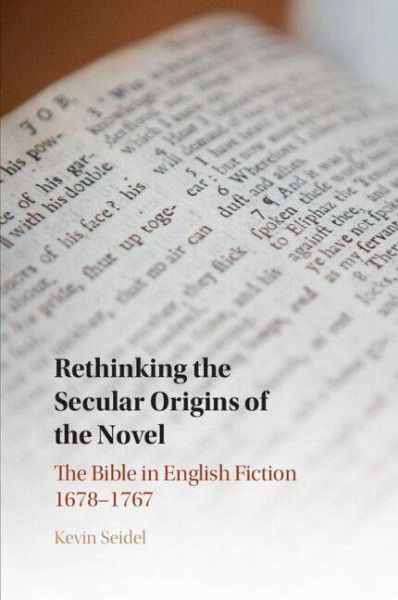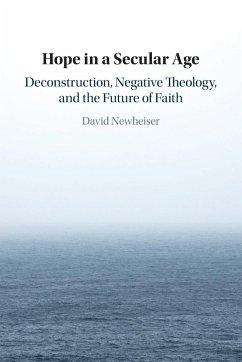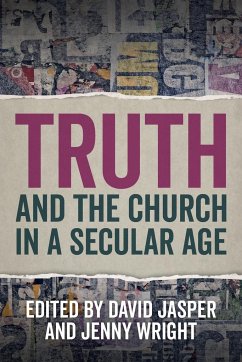
Rethinking the Secular Origins of the Novel
Versandkostenfrei!
Versandfertig in über 4 Wochen
28,99 €
inkl. MwSt.

PAYBACK Punkte
14 °P sammeln!
Unsettling the usual ways we think about the relationship between religion and secularism, and focusing on scenes where the Bible shows up as a physical object in eighteenth-century English fiction, this book powerfully argues that the English novel rose with the Bible, not after it.














